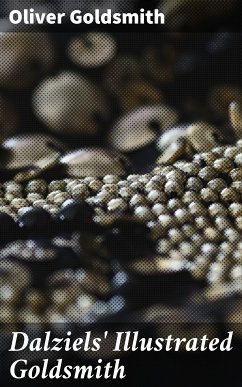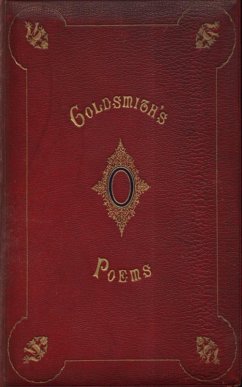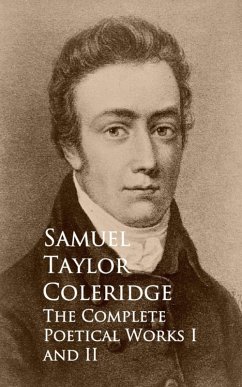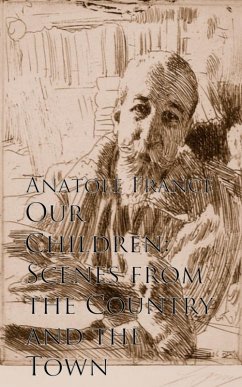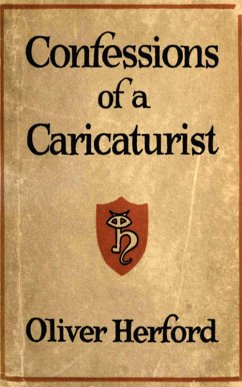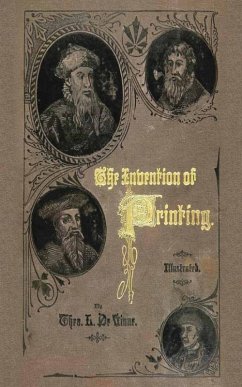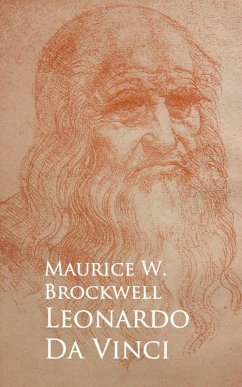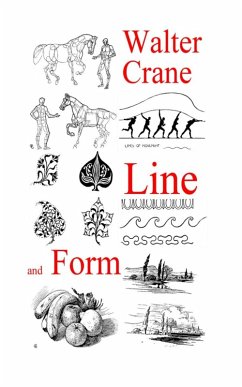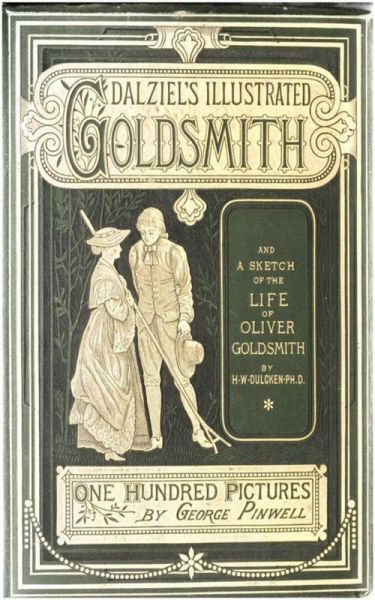
Dalziels' Illustrated Goldsmith (eBook, ePUB)

PAYBACK Punkte
0 °P sammeln!
The middle of the last century was an evil time, in England, for literature and for literary men. The period was eminently one of transition; and transition periods are always times of trial to all whose interests they affect. The old system passes away, bearing with it those who cling to it; the new system requires time until it is in working order, and those who depend upon its advent for their subsistence are sorely harassed while the turmoil lasts. Thus it was with literature at the time when Goldsmith began to write. The age in which literary men depended upon patrons had passed away. No ...
The middle of the last century was an evil time, in England, for literature and for literary men. The period was eminently one of transition; and transition periods are always times of trial to all whose interests they affect. The old system passes away, bearing with it those who cling to it; the new system requires time until it is in working order, and those who depend upon its advent for their subsistence are sorely harassed while the turmoil lasts. Thus it was with literature at the time when Goldsmith began to write. The age in which literary men depended upon patrons had passed away. No more snug government berths, no more secretaryships, as in the time of Addison and Prior and Steele-and the time when the public was to support literature had not yet come. Thus the author was compelled either to depend entirely on the booksellers, or to sell his pen, in true hireling fashion, to the government of the day, or to the opposition, and to scribble approval or invective at his master's dictation. Happily for his own fame, happily for English literature, the author of the "Vicar of Wakefield" chose the former alternative...
Dieser Download kann aus rechtlichen Gründen nur mit Rechnungsadresse in A, B, BG, CY, D, DK, EW, E, FIN, F, GR, H, IRL, I, LT, L, LR, M, NL, PL, P, R, S, SLO, SK ausgeliefert werden.




